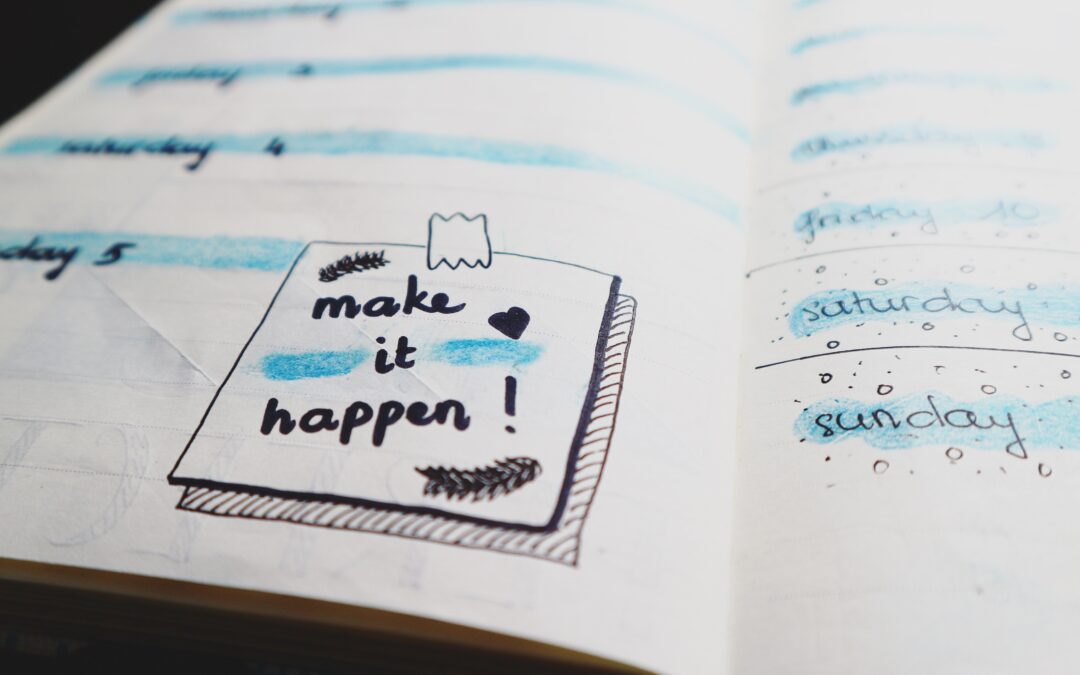There is a difference between being busy and being productive, right? And we are all different, some are night owls, some are early birds, right? With regards to productivity, the early birds have an advantage. Psychology research has shown that the first 2-4 hours of your day are your most productive time: you can solve more problems and develop better ideas. Your brain is operating at peak efficiency in this time slot.
Several tips to keep in mind:
1. Begin your day with the important stuff. Start with the big stuff. If you think you have to get the small stuff out of the way first, you are likely not going to get round to the big stuff. Leave the easier work for the afternoon.
2. Plan your day backwards. If you plan to finish your work at 6 pm., make a plan: what do I have to have finished today by all means? Start with that.
3. Do less stuff but do it better. Multitasking is counterproductive. Do each item individually and focus on it completely. Cut out all distractions.
4. Make sure you have a good quality and quantity of sleep. Most people are sleep-deprived and sleep-deprivation lowers your IQ. Between 23-2, there is the magic window when the organism recuperates. Aim for being asleep before 23.
5. Power naps are very useful and increase your productivity. The ideal time is 10 min. The benefits are increased concentration, better creativity. Do not sleep more that 30 minutes though, because longer than that messes your natural sleep cycle.
6. The biggest predictor of success is feeling in control. The number one cause of stress at work is feeling out of control. Whatever gives you a sense of control (scheduling, planning), increases your productivity.
7. Celebrating and acknowledging: end your day by writing your successes in a journal. Thinking about past success and seeing patterns of progress makes you more resilient. At the end of the day write what things went well today, what you were good at, what you are grateful for. A success journal forces you to organise your thoughts around success and is a good habit to get into, because where attention goes, energy flows and something grows, as one of my mentors often says.
8. If you fail to plan, you are planning to fail. Have a to-do-list. Start with something bigger, with a goal, in order to fill it with productive work, not just with business. This also gives you the pleasure of crossing things off the list and celebrate successes. The to-do list of successful people, according to research, includes 1-3 things only but these things are important. A 5-year goal, a 1-year goal, a 1- month goal, etc. gives a perspective on what is important to you. You need the ability to measure progress, otherwise you don‘t know if you are making progress. Successful people make a week‘s plan on Sundays. Before they go to bed, they plan the whole week as well as the 1-3 must-get-done-tomorrow items on the to-do list for the next day so that your mind keeps working on it overnight. This also gives you a sense of control.
Let me know how it goes!

Recent Comments